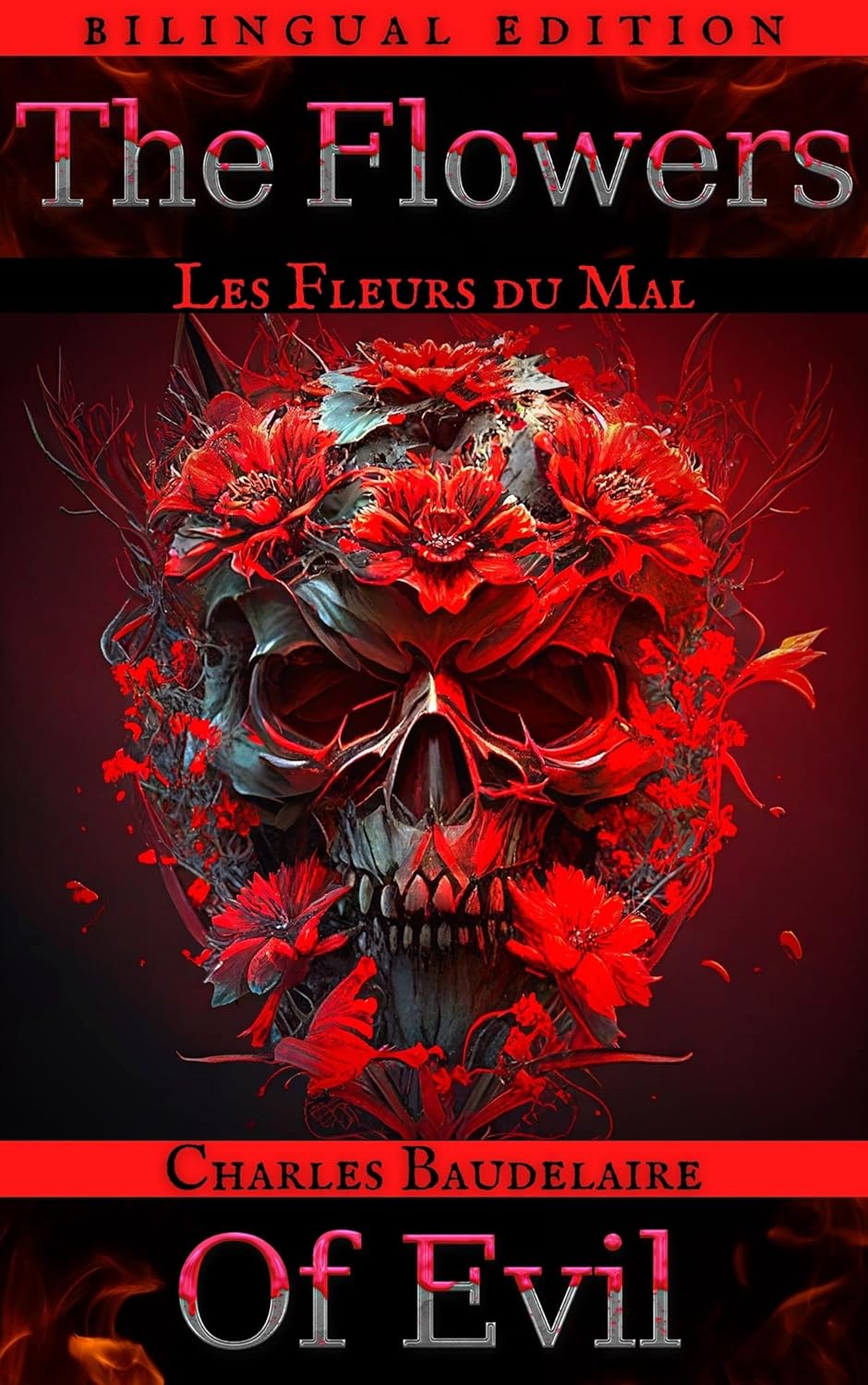Circus! Fantasy! Acrobats! Imagination! Color! Magic! This book possess a generous amount of all of these splendid ingredients. If you adore dreaming, mystery, enchantment, love, and fascination with time, you will find this work of spells difficult to put down. This is the charming debut of writer Erin Morgenstern, who burst onto the fiction scene with this back in 2011. If I can recall accurately, it made the NYTBSL at number 2. Before I commence on my view on this, it must be written that this work has many importantly connected ingredients for it to flourish. Namely, magic and dreams. (Quite a chemistry!)
Enter the first important character, Prospero. A lavish and sanguine individual who possess uncanny abilities of manipulation and a mischievous level of astuteness that is required to run a circus, or, to precisely conjure up one. His talent and promiscuous ability to be involved in all forthcomings of the plot are essential to his diabolical purposes; along with his daughter, Celia, they run with the zenith of perfecting the outcome of entertainment, magic, and fantasy. However, unlike her father, Celia is beautiful, talented, huge bookworm and a highly moral figure. As this plot continues to ensnare your perceptions and optimism, the reader has the potential to create (join into) a duality to determine if the circus is a dream or, in fact, a real game. As this novel stimulates your imagination, you are also left to determine if the magic is dangerous or marginalized. Maybe both; whatever you believe, you may be still bitten by the teeth of surprise.
As soon as the circus presents itself to the people, it is already a splendid success. Specifically, in addition to Prospero and Celia, there is another “child” who is key to the fruition of the structure of this creation who is called Marco; he and Celia, fall in love as children which continues through the book. However, it is not a romantic love, but a love of magic; it turns out these two have been groomed by the circus since their conception to perform a duality of magical wizardry that makes them pernicious opponents of one another. By adulthood, both possess extraordinary levels of magic. Celia can turn bits of clothing into birds and change the color of fabric only with her mind. Marco can create a world at will by passing his hand over one’s eyes; eventually, they both will fall in love, despite their enormous competitiveness. But the circus itself is not the only vessel of intrigue, it is also the “glass” relationships that are created not for unity of dedication, but manipulation and control. It seems to prove to be a bit misleading, or is it? The magic, as we know it, if forcibly eradicated from these mystical pages of the book. Instead, Morgenstern executes our attention into her realism of what magic could be, even if we disagree with her perceptions, but more interestingly, if we disagree with her characters who are forced craft themselves into intrigue, sacrifice, and remorse, with sympathy being handed out in the tiniest of hands.
It has been suggested that most readers find this entrancing composition lacking the answers that the magic created. Arcane as this sounds, my view is that Morgenstern has purposely encompassed an elaborate odyssey of imagination, purified deception, and a cosmic plethora of magic not witnessed in recent memory in contemporary fiction for a lengthy time. There is no fun or joy in our own demands of extracting out of characters and scenes what we think we may need; fiction and fantasy run deep into the chasms of the mind that can control, penetrate, and even make you a part of the story or scene if you are a willing participant. There is no spell in this work that each magician or spectator will agree upon. Magic is a supernatural chaos that must be respected. For this purpose, there are many paradigms in use. Here are but a few: whimsical clocks, gardens of ice, wind-swept gowns that can change color on demand, delightful aromas of smell, thick tapestries of weather injected into various scenes to “steady” the conveyance of the outcome, and a phantasmagorical rhythm of lights and sounds that are sure to ensnare each readers attention.
If your senses delight and pirouette with magic, you should discover this book to be visiting your clandestine shoppe of imagination soon. At times, it is spicy dark, sweetly lit, and lavishly moving through a realm of loquacious imagery and enchanting duality that is perfectly aligned with transcending purpose and reward, even if it seems unconvincing. It’s there, magic always is.

© 2024, Mark Grago. All rights reserved.




